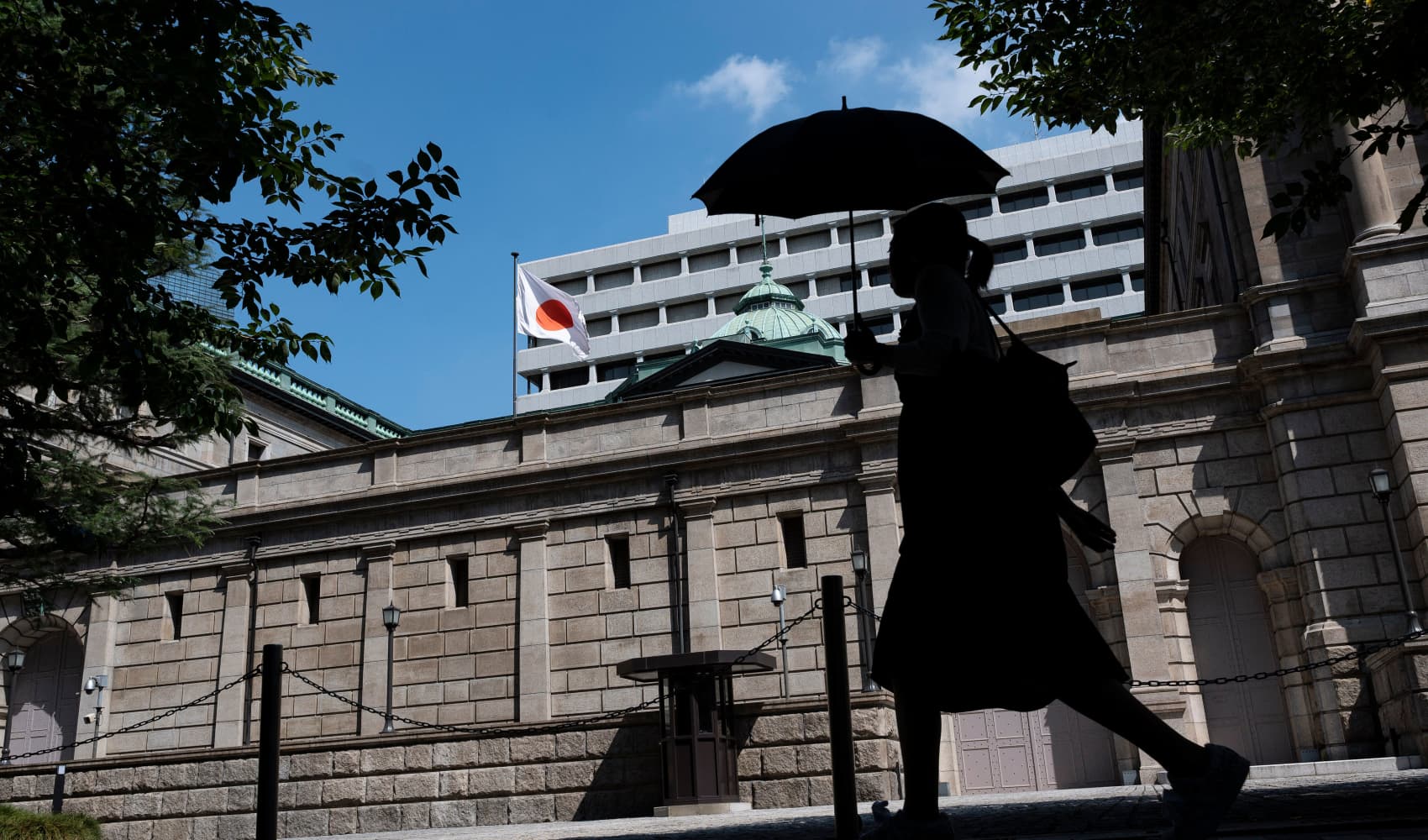
- OPEC and its oil-producing allies decided on Thursday to hike production by 400,000 barrels per day in January.
- The meeting between the alliance, known as OPEC+, was hotly anticipated amid the emergence of the new omicron variant, which could dent demand.
- In a statement OPEC+ said that they will "make immediate adjustments" to production policy should market conditions shift.

OPEC and non-OPEC oil producers, an influential group known as OPEC+, decided on Thursday to stick to a previously agreed upon plan of hiking output by 400,000 barrels per day in January.
However the alliance said in a statement that "the meeting remains in session," meaning they can "make immediate adjustments" should the current market conditions shift.
Get DFW local news, weather forecasts and entertainment stories to your inbox. Sign up for NBC DFW newsletters.
In what was a hotly anticipated meeting, the energy alliance convened via videoconference to determine whether to stick with its plan to release more oil into the market or to restrain supply amid fears over the omicron Covid-19 variant. Other issues on the table included a U.S.-led release of strategic reserves from crude-importing nations and Iran's possible re-entry into oil markets.
Oil clawed back early losses to trade in the green following the announcement, which some believed was already priced into the market.
International benchmark Brent crude futures rose 1.16%, or 80 cents, to end the day at $69.67 per barrel. U.S. West Texas Intermediate futures settled 1.4%, or 93 cents, higher at $66.50 per barrel.
Money Report
Energy analysts broadly had expected OPEC+ to push ahead with its current plan to hike monthly output by 400,000 barrels per day. However, some had questioned whether the group may be tempted to take a pause to assess the market following a period of heightened price volatility.
"We think OPEC+ are likely to maintain that momentum in releasing additional oil," Alex Booth, head of research at Kpler, told CNBC's "Squawk Box Europe" on Thursday.
"Let's not forget, we're talking about additional oil in January, the decision for December has basically already been made."
Brent crude futures have slumped more than $10 since last Thursday when the emergence of the omicron Covid variant became widely known. The World Health Organization has said it will take weeks to understand how the variant may affect diagnostics, therapeutics and vaccines.
OPEC+ has an agreement in place to add 400,000 barrels a month to global supplies as it gradually reverses last year's record supply cuts of roughly 10 million barrels per day.
OPEC kingpin Saudi Arabia has indicated the group is likely to sustain this output policy, while non-OPEC leader Russia said earlier this week that there would be no need for urgent action on the oil market.
Pressure to raise supply
The OPEC+ meeting comes after a period of elevated tension over high oil prices between the U.S. and its allies in the Gulf, most notably Saudi Arabia.
U.S. President Joe Biden announced on Nov. 23 the coordinated release of oil between the U.S., India, China, Japan, South Korea and the U.K to help cool the market.
Under the plan, the U.S. is to release 50 million barrels from the Strategic Petroleum Reserve. Of that total, 32 million barrels will be an exchange over the next several months, while 18 million barrels will be an acceleration of a previously authorized sale.
The move was prompted after OPEC+ repeatedly ignored U.S. pressure to increase crude supply to stymie surging fuel prices.
Kpler's Booth said a decision to raise oil output next month would help OPEC+ to curry favor with the likes of China and India, "and it certainly doesn't harm the relationship with the U.S."
There's pressure from within the energy alliance to maintain production increases, too. "As we know, the UAE is always keen to continue to maximize the return on the investments they've made so far [and] Russia is keen to continue producing more oil as well," Booth said.
Rohan Reddy, research analyst at Global X, told CNBC's "Street Signs Europe" on Thursday that the most likely outcome from Thursday's meeting was a decision to sustain output policy.
"I think the delta variant was a very good playbook on how we could see things shake out here," he added. "So, if omicron and other kinds of Covid-19 spreads do have an impact, you could see prices languish in this range right around $65 for WTI or even go down to the $50s range if it were to become a lot worse."
"But, I think the most likely outcome is this seems to be under control," Reddy added. "Vaccination programs are being rolled out fairly effectively, so you could see prices move into that $75 [to] $80 range in [the first quarter]. And I think the real economic rebound is probably going to happen afterward."
- CNBC's Pippa Stevens contributed reporting.






